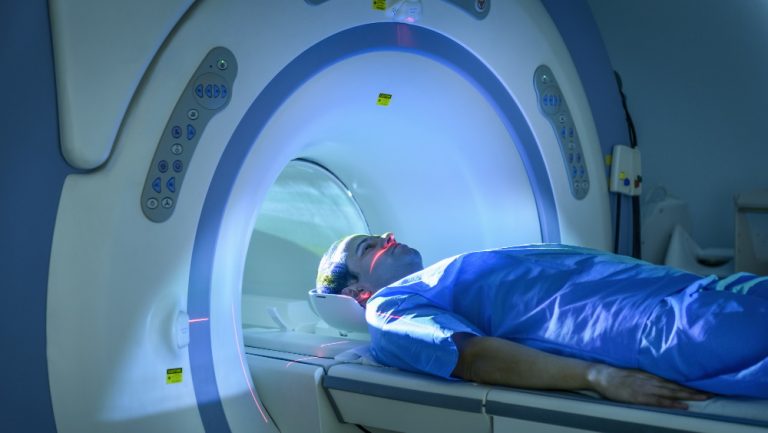
Barely any experience are as uncomfortable as enduring a dental emergency like tooth pain. It can even worsen when you don’t know the main reason for your toothache, making you confused about what you can do to relieve your pain. Not all emergency toothaches are the same due to their different causes, and some of them can significantly damage your oral health if you don’t act out for professional treatment. As a dedicated emergency dentist in downtown Vancouver, anytime you face a dental emergency and require urgent dental care, you shouldn’t waste time and hesitate to visit the dentist as soon as possible, or you will end up struggling with permanent health issues. Unlike you, an experienced emergency dentist can quickly discover the leading cause of your toothache and provide the best suitable treatment for it. Emergency dentists treat many patients with different dental emergencies per day, making them amazingly experienced and knowledgeable to help you with your pain. Here we compiled a list of common triggers of emergency tooth pain and ways it may be addressed.
Cracked Tooth: Your tooth can be cracked, chipped or broken according to several reasons like accidents, eating something hard, trauma or even bruxism. It’s considered a dental emergency itself that causes severe unbearable pain around the damaged tooth. Remember to visit your emergency dentist immediately after having your tooth broken to prevent further problems like dental infections, etc.
Gum Disease: If you experience unusual bleeding and pain around your gums and find them swelling, you are probably in danger of periodontal disease. Emergency dentists can usually treat gum disease in the early stages. Still, they need to refer you to a professional periodontist if you need treatments like gum surgery to open and debride the gum pockets.
Rough Brushing: According to accurate statistics, most men and women are too aggressive when brushing their teeth. As a result of this aggressive behavior, you might quickly get irritated and bruised gums. Remember to ask your emergency dentist about the correct way of brushing and flossing to increase the quality of your oral hygiene.

Broken Dental Restoration: If you have any type of dental restoration, you need to carefully check them to see if they are damaged. People with dental restorations like crowns, dentures or bridges need to visit their dentist at least twice a month to check their wear and fit. In the case of pain around your dental restoration, it can be an emergency if the restoration is broken or ill-fitting.
Dental Cavities: One of the frequent causes of emergency tooth pain is dental cavities and a decayed tooth. Leaving your dental cavities untreated can result in affected dental nerves due to different irritants. Depending on how bad the decay is, there are various emergency treatment options for decayed teeth, like fillings or root canals.
Dental Infection: An overlooked dental infection can damage your teeth and adjacent gums. It’s one of the reasons you may experience pulsating pain in your tooth. Dental infection can even lead to the loss of your tooth and even some parts of your jaw and gums, which is why the sooner you visit your emergency dentist, the better chance you have to save your oral health.
Don’t forget to have yearly checkups with your emergency dentist to ensure your oral health and prevent undesirable pain and discomfort.







